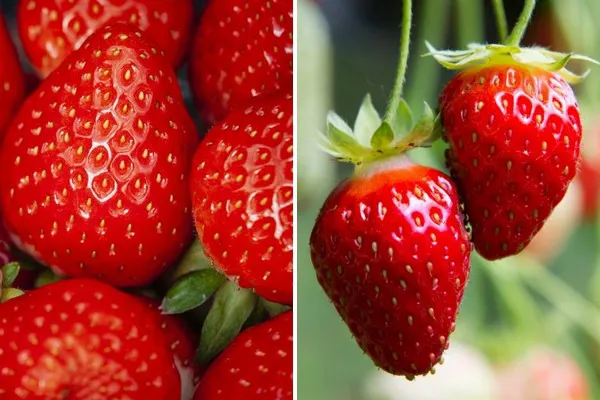Using artificial intelligence (AI) technology in the strawberry chain can accurately predict this fruit's shelf life. As a result, 70,000 fewer kg will be thrown away. It's a step that fits within Albert Heijn's goal of wasting 50% less food by 2030 than in 2015, this Dutch supermarket chain reports.

AI technology
Technological developments play a major role in reducing food waste, and AI and algorithms are being used for this. "Using AI technology will make the strawberry chain from farm to customer even smarter and more efficient. Albert Heijn's Better for Nature & Farmer strawberry growers use a scanner that accurately determines shelf life. Until recently, that was impossible, so strawberries were given a standard shelf life code," Albert Heijn states in a press release.
"In practice, each crop's storability varies due to, say, the weather. Everyone knows that strawberries sometimes last three days, sometimes a whole week. That varying quality can lead to food waste. Because growers now use AI technology, they know exactly how long each crop will last, and 70,000 kg fewer strawberries are wasted. Albert Heijn intends to apply the technology to other fruits to decrease food waste there too."
Other initiatives
Albert Heijn is taking further steps to prevent food waste. For example, it sells AH Overblijverspakketten. These are products that are left over at the end of the day," says the statement, "and can be purchased together in packages. That should prevent another 4.5 million kilos of food waste annually. All stores also have dynamic markdowns."
"The electronic price tag automatically shows the precise discount, ranging from 25% to 40% to 70%. Here, an algorithm developed by Albert Heijn automatically calculates the best discount to avoid having unsellable products left at the day's end. Less food is, thus, wasted, and client benefit is at its highest," the release reads.
Source: Albert Heijn
